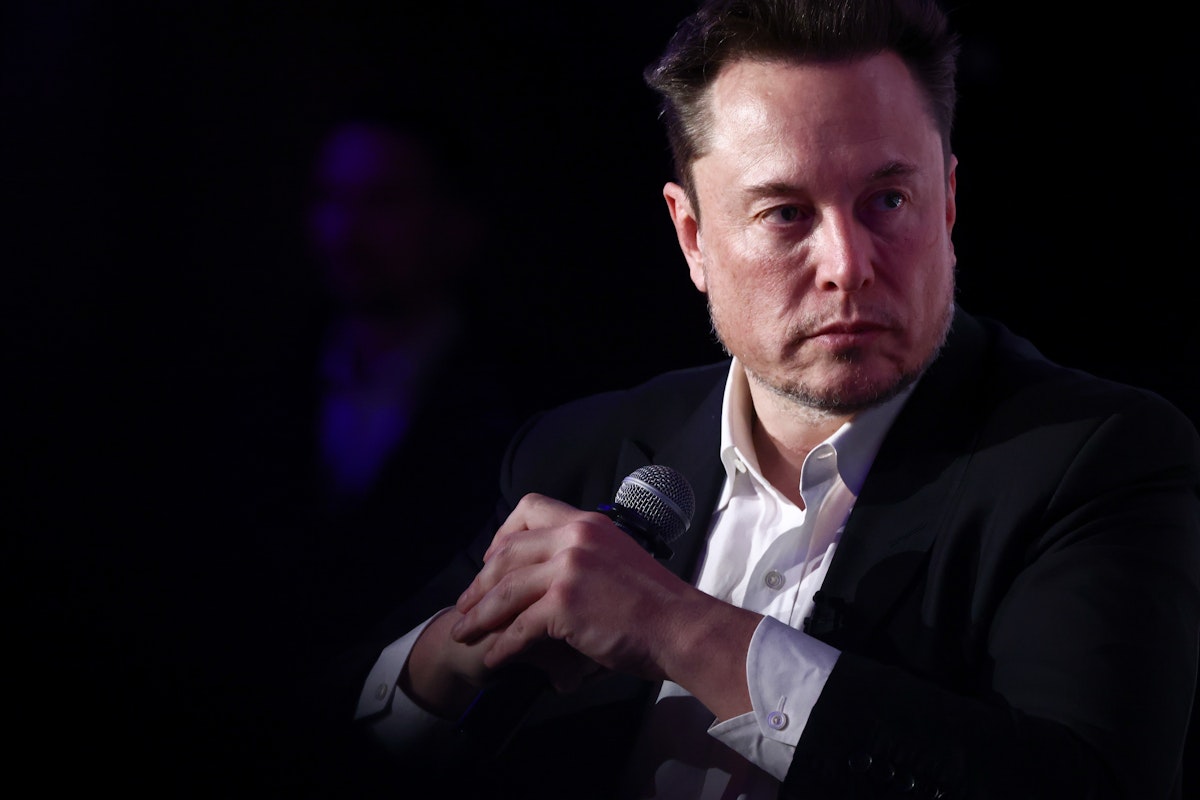
The project of selling Americans on big cars has been phenomenally successful. At this point, the Big Three have basically stopped making anything else, ceding markets for compacts and sedans to foreign companies as models in the U.S. keep getting bigger and more dangerous. The same firms are now seemingly up-selling customers on another largely extraneous feature in the transition to electric vehicles: range. In other words, seem content to use the specter of ultra-long-distance driving to convince people to buy a very particular type of car.
In general, the bigger the battery, the longer an electric car can go without charging. The Ford F-150 Lighting, for instance, has a 300 mile range and an 1,800 pound battery. Those batteries are the most expensive part of the car, helping add to the average 30 percent price premium over gas-powered cars. They also require enormous amounts of so-called critical minerals such as lithium. Aside from the social and environmental concerns of big mining operations, this growing demand also poses a logistical one: mining, processing and battery production capacities are overwhelmingly concentrated abroad, including in China. Prioritizing range above all else, meanwhile—and the bigger, resource-intensive batteries that entails—could make what would already be an uphill battle for the U.S. to reshore EV supply chains an almost impossibly steep one.
Nonetheless, U.S. consumers have been craving ever-greater range. In 2019, a survey from Cox Automotive found that prospective EV buyers desired a car that could go 300 miles without a charge; by 2021, that had jumped to 341 miles. Still, exceedingly few people are regularly driving hundreds of miles in a single go: just 5 percent of trips taken in the U.S. are longer than 30 miles; nearly 60 percent of all trips are less than 6 miles. One 2016 study, published in Nature Energy, found that lower-range cars like the early version Nissan Leaf—with its 73-mile range—could satisfy 87 percent of driving days in the U.S. so long as they could plug in overnight. If everyone who fit that driving profile suddenly had just such an EV, researchers found, U.S. gasoline consumption from personal vehicles—the leading cause of transportation sector emissions—would be slashed by 61 percent.